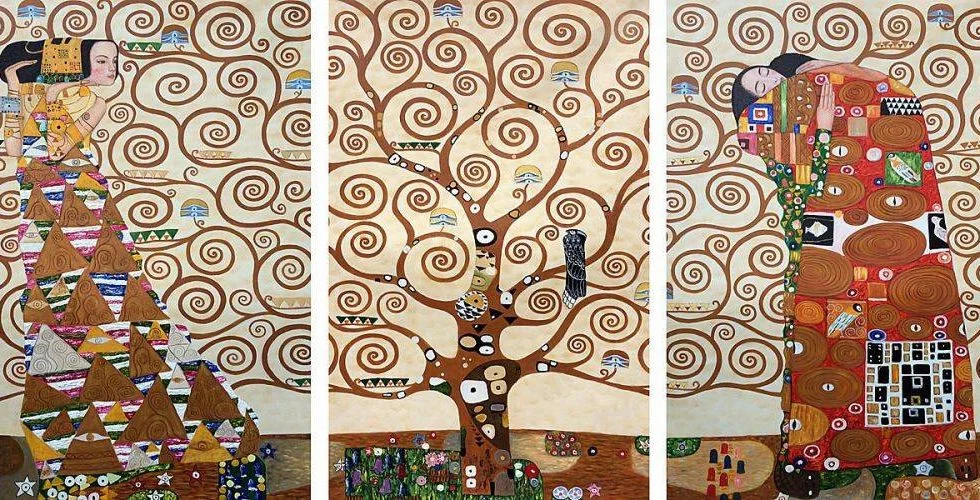Self-Knowledge • Know Yourself
Living Long Term With Mental Illness
We would – of course – want to get rid of this thing forever and heaven knows we will have tried. We’ll have gone on courses, read books, hired psychiatrists and psychotherapists, taken medicines. And through this, we would have veered between despair and hope that we might eventually be able to achieve a victory over our monsters.
But the more time passes, the more we have to take on board a bleaker, unavoidable reality: this thing is here for the long term. In the one life we’ll ever have, this is us. We’ll never be rid of the bugs. We have a chronic condition, not an illness.

How can we survive this ostensibly extremely dispiriting realisation? A range of thoughts come to mind.
– A certain mindset
First and foremost, we need a certain mindset, one combining intense doses of pessimism with bleak humour and the most tender compassion. We never asked for this, we didn’t do anything especially wrong, it’s not a sign of a sinful nature. We can speculate at length about where it comes from: an emotional inheritance, a biological condition, the outcome of certain choices we’ve made… It will be a distinctive mixture of all these and, in the grander scheme, it may not really matter. The task is ultimately just to accept that this is the fight of our lives.
– Celebrate Small Wins
Against a bleak picture, we need to redraw our horizons and expectations. We’re never going to solve the whole problem, therefore we need to be able to particularly celebrate when things aren’t especially awful; when we have a good day or two. We know – by now – that the problems are always going to return, which is why we have no option but to draw maximal satisfaction when, every now and then, we go through a steady and coherent passage. We need to become the sort of people who can say, without irony or bitterness, Wednesday went well and that’s a serious accomplishment. Other people climb mountains for a challenge, or go racing around a motor track at 200mph; our extreme sport is the challenge of staying alive.
– The Right People Around Us
We don’t want to be judgemental but a lot of people, perhaps most people, are really not going to be very helpful to us. They may have the sweetest dispositions and interesting lives, but in essence, they will never be able to understand us (to put it more accurately, their circumstances mean they will never feel a need to understand our minds and good for them, we would be the same if we were any luckier) and their experiences will always feel remote and alien as a result. We need to seek out people who either know the condition from the inside or – because of some fortuitous bend in their minds – feel somehow instinctively close to it anyway. We need people who can let us despair but also know how to encourage us to laugh; people who won’t accuse us of malingering, or making a meal out of nothing; who won’t look wide eyed and full of judgement as we detail what we have been up to and some of the wildest thoughts that course through us in the early hours. We need – more than most – a lot of love. And yet (of course) we’ll be unusually inept at finding it, as damaged people are.
– Care
We need to remain at all times vigilant, knowing how susceptible we are. One of the enemies we have to deal with is our own sudden assumptions that we might, after all, be well again. So we need to be always on our guard as to the likelihood of a relapse. We should formulate plans but hold on to them very lightly. We should realise the link between busy-ness and mania and take extreme measures to live soberly. We should acknowledge, and fully honour, the differences between ourselves and other more robust people.


























